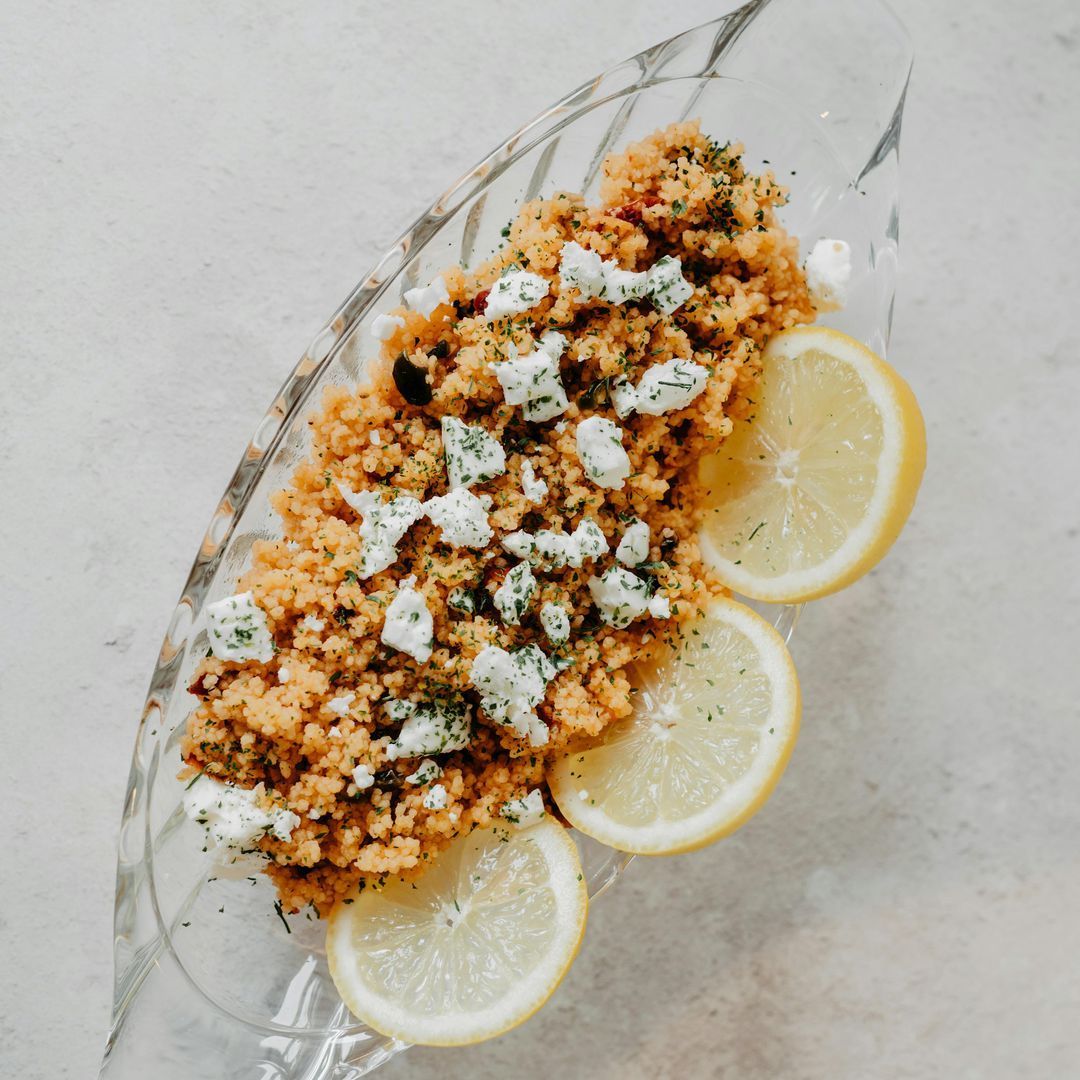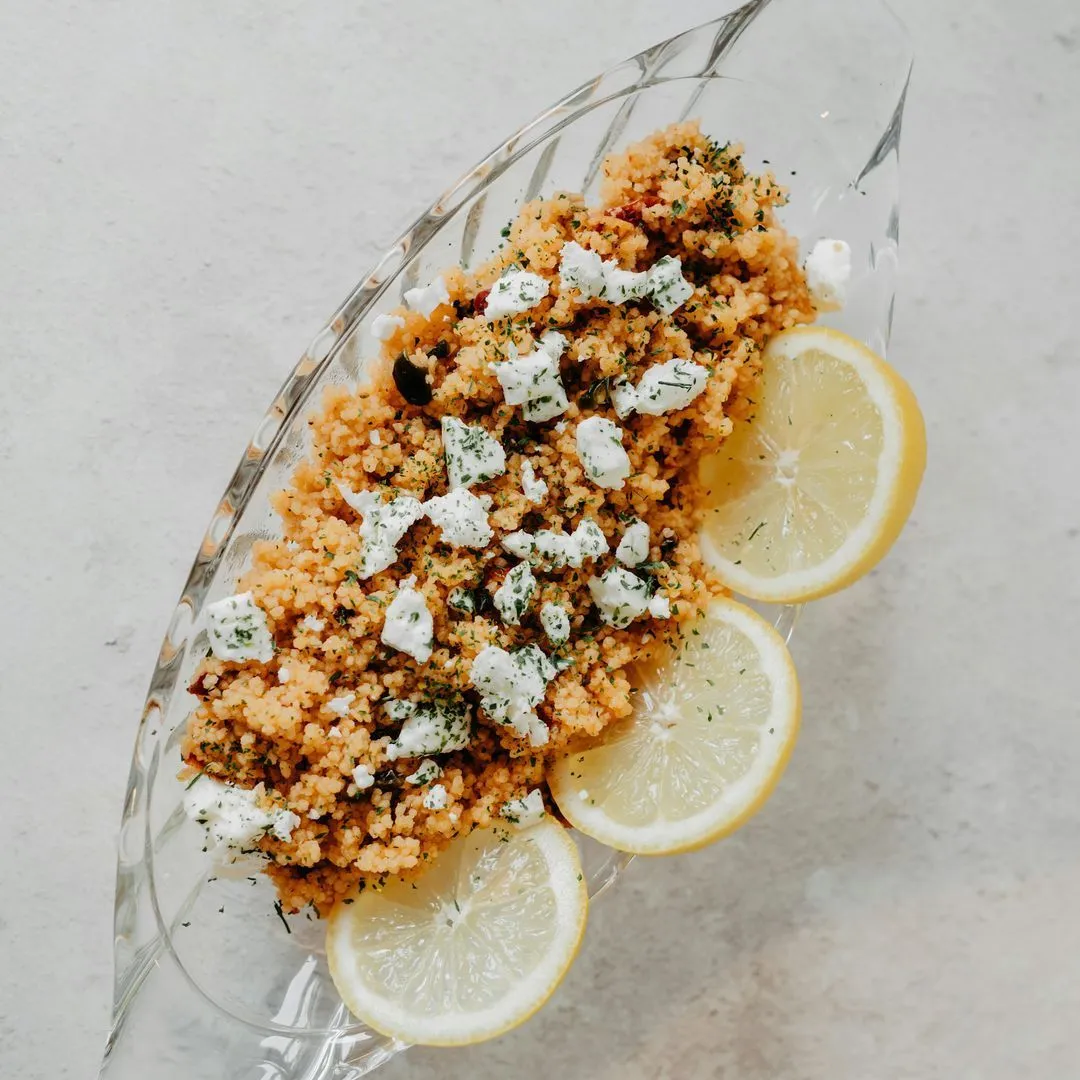Sicilian Cous Cous: the taste of home, the breath of the Mediterranean

Theres a scent that, for us Trapani residents, isnt just memory: its identity. Its the scent of couscous slowly cooking in the mafaradda, releasing aromas of the sea, spices, ancient traditions, and family warmth. In Trapani, couscous isnt simply a dish. Its home. Its celebration. Its roots. Every grain tells a story that comes from far away, from the coasts of the Maghreb, from the expert hands of Arab women who landed on our island centuries ago, leaving behind a culinary ritual that has taken deep root in our land.
The nocking technique: the gesture that unites
The true magic of Sicilian couscous begins even before the fire: it begins with the incocciatura. An ancient and patient gesture, passed down from mother to daughter, like a caress. Pour the semolina and a few drops of salted water into a large terracotta dish called a mafaradda. Using circular motions, the hands begin to work the semolina, adding water little by little, so that the grains clump together and swell, but without becoming a mass: they must remain separate, light, and alive. Its a slow, meditative, almost hypnotic rhythm. And while the incoccia is being made, stories are told: about the grandmother who used to incoccia sitting on a low stool, about the cousin who stole the first spoonful from the tavùt (the baking pan), about the weddings where couscous reigned supreme. Once the grains have formed, the couscous is passed through a sieve and then steamed for hours in a traditional couscous cooker, over a fish broth flavored with garlic, parsley, onion, saffron, and local seafood. Trapani couscous, in fact, is made with fish, unlike the North African variants that use mostly meat or vegetables.
A tradition that speaks Arabic, but dreams in Sicilian
The origins of couscous are generally attributed to the Berbers of North Africa and date back to at least the 13th century, if not earlier. It was likely during the Arab domination of Sicily (9th–11th centuries) that the dish arrived on the island. But if couscous originated elsewhere, it is here, in Trapani, that it has found a new language. We have embraced it and made it our own. We have adapted it to our sea, our hands, our rituals. Nowhere else in the world is couscous cooked like it is in Trapani, nor is it cooked with the same patience and poetry.
The Cous Cous Fest: A Festival of Peace Through Food
The Cous Cous Fest: A Festival of Peace Through Food Every year in September, San Vito Lo Capo hosts the Cous Cous Fest, an international celebration of couscous as a dish of peace, of the meeting of cultures, of the Mediterranean that unites. During the festival, chefs from Tunisia, Morocco, Israel, Senegal, France, and Italy compete with each other in couscous, offering the public incredible versions of a dish with a thousand identities. But beyond the competition, the true heart of the event is sharing. A dish that unites people, unites hands, unites hearts. Its also an opportunity to showcase our couscous, the real one, the one our grandmothers used to make, which may not have the visual perfection of Michelin-starred chefs, but it has the authenticity that only things made with love can possess.
couscousfest.itCous cous around the world: a global connection
Although the Trapani version is unique, couscous has relatives throughout the Mediterranean basin and beyond. In Morocco, it is often served with stewed vegetables and lamb. In Algeria and Tunisia, it is seasoned with strong spices, chickpeas, hard-boiled eggs, and sometimes even raisins. In France, thanks to strong Maghreb immigration, it has become an unofficial national dish. In Brazil, there is a variant called couscous paulista that uses cassava and local ingredients. In Israel, we find ptitim, often called Israeli couscous, even though it is a pasta. Yet, no version has the visceral connection to the region that exists between couscous and Trapani. Here, couscous is a ritual of belonging, like the grape harvest, the Procession of the Mysteries, or the salt pans.
A dish that tastes of the sea, memory and family
Those who grow up in Trapani know couscous before even tasting it. They see it being prepared, hear it in stories, and breathe it in during holidays. Every grain is a link to the past, an embrace between generations. Couscous isnt just a dish. Its an act of love.

flavio_campaniolo
Data di inserimento 12 apr 2025
Report article


Comments
There are no comments yet.